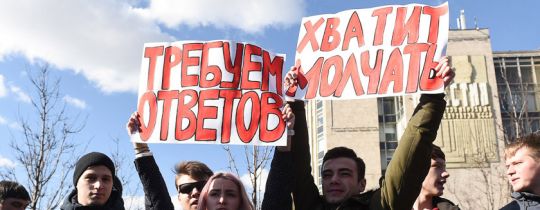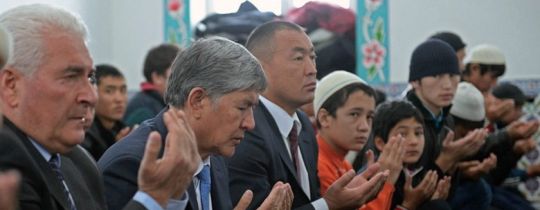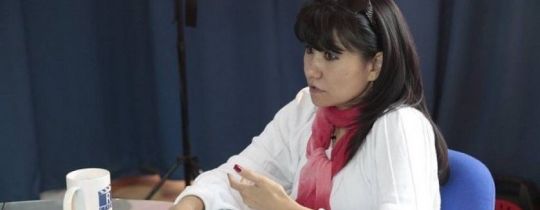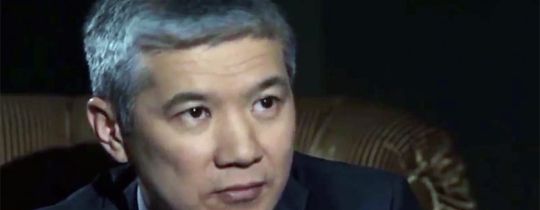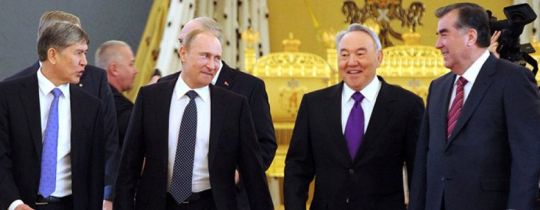“We are against the corruption»! This was the slogan that led the young Russian people to the protests that took place on the 26th of March, Valeria Kasamara believes. She is the head of the Political Research Laboratory at the Russian Higher School of Economics. This, and not the conscious political motivation, is the trend of today, she says.
How important is Muslim identification for the central Asian population, is there a threat of radicalization and what is the role if national elites in choosing the future development? Experts were looking for answers to these questions during the discussion titled “Where is Central Asia going?” that was held in Moscow in Sakharov center, with the support from Egor Gaidar fund.
Ukrainian political expert Konstantin Bondarenko’s interview about childhood syndrome of nationalism in the countries of post-Soviet space has caused wide discussions, including in the Kazakhstani segment of social networks. Some agree with his opinion that nationalism is a childhood syndrome of nation building that is better to endure during early years, while others are enraged with his interpretation of the very concept.
Praсtice shows that all post-Soviet countries are afflicted with nationalism to some extent. But why? Is that a result of the former politics of creating a “soviet man”, i.e. an attempt at fixing former errors or some kind of mandatory syndrome that goes along with acquiring national identity?
We are continuing discussing the dangers of the Kazakh citizens’ “zombification” by the Russian media*. Today our partner in conversation is Marat Tolibayev.
In 25 years of independence, not all Central Asian republics were able to build real system of governance, say Russian experts Alexey Malashenko and Andrey Grozin.

